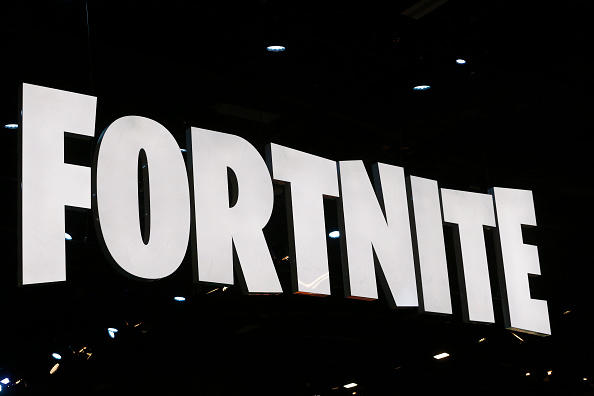Over the past few years, gaming companies and Black celebrities have engaged in an interesting battle. It all started when rappers BlocBoy JB and 2 Milly both sued Epic Games, the creator of Fortnite, for allegedly stealing their dance moves to profit off of. Then, Alfonso Ribeiro also sued Epic Games for using his signature dance move, the Carlton. Although Ribeiro’s attempts to copyright the dance didn’t quite work out, the series of lawsuits still leaves a lot of lingering questions.
People may have a hard time understanding why any celebrity would care if Fortnite or similar games used their dances. After all, why would anyone care? In a September 2018 tweet, BlocBoy JB summed up his frustrations:
EveryTime Somebody Does My Dance Dey Give Credit To @FortniteGame But Dey Ain’t Create Nothing But Da Game So Basically Dey Takin Money And Credit For My Shit Dats Crazy
— Biggest Crip (@BlocBoy_JB) September 10, 2018
2 Milly also voiced his frustrations:
“I do take it as a Very big deal I just wish [Epic] would have reached out with a payout and a contract being that I am solely the creator of the Dance And Song MillyRock…I don’t feel it’s appropriate that my art (dance) which is a big part of culture is basically stolen,” the rapper told Kotaku in 2018.
Artists’ attempts to copyright their dances don’t always work out. For example, 2 Milly’s case was rejected. In Ribeiro’s case, the copyright office said the dance was a “simple routine,” meaning it wasn’t really eligible for copyright. Robert Brauneis, co-director of the intellectual property program at George Washington University Law School, told the New York Times that the copyright office’s conclusion wasn’t all that surprising.
“It’s like a word or a short phrase,” Brauneis told the New York Times. “The copyright office has always taken the position that words or phrases are not copyrightable, and this is exactly like a word or a phrase in a dance. You could repeat that word or phrase indefinitely — here I’m shaking my hips, here I’m shaking my hips, again and again — but that repetition doesn’t make the fragment subject to copyright protection.”
However, it’s worth pointing out that Russell Horning — known as the “Backpack” kid — was able to register his dance, which is built on another Black dance move.
The frustration around copyrights and dance moves extends beyond Epic Games alone. Black artists have endured a long history of having their work disrespected and stolen from beneath their feet. This is especially true within the music industry, where genres that began with Black musicians — such as country or rock ‘n roll —have since pushed them out in favor of white talent and audiences. In 2016, cultural critic Lisa Tomlinson pointed out:
“Since [Paul] Whiteman’s mainstream success, whites have continually reigned supreme over Black musical forms. For instance, Benny Goodman, a white man, became the “King of Swing” in the 1930s. Years later, Elvis Presley was crowned the “King of Rock ‘N’ Roll.” Rolling Stone in 2003, named Justin Timberlake(whose style samples R&B) the “King of Pop”. And let us not forget Eminem, who continues to be celebrated (somewhat ironically, to be fair) as ‘the Elvis of hip-hop’.”
With that history brought back into the conversation, it’s easy to see why Black artists would be frustrated with gaming platforms who take their work without giving credit. Beyond copyright, the conversation is really one around ethics and the exploitation of Black artists.
“Though no creative feat is achieved without inspiration, the manner in which Fortnite has transplanted the creative output of these men into its brightly colored marionettes, without permission, credit, or compensation feels particularly egregious,” Yussef Cole wrote in Vice.
While it’s true that Epic Games never claimed that they created the dances, but merely tried cashing in on what was already popular — there’s a big difference between dances going viral because people enjoy them and businesses swooping in to take them.

